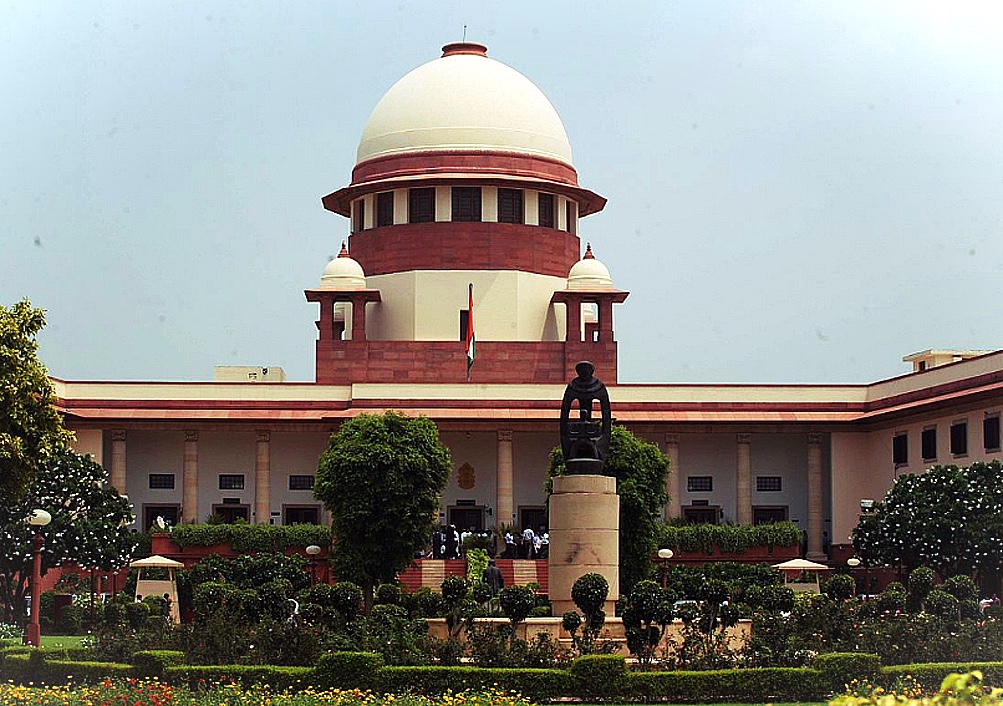Media ‘freely commenting’ on sub judice matters can cause damage, Attorney General tells SC

New Delhi, October 12: Attorney General K.K. Venugopal Tuesday raised concerns over print and electronic media “freely commenting” on sub judice matters, which, he felt, is being done with the intent to influence judges and public perception.
“Today, when I watch TV, I see comments about the bail application based on statements stated to be made to police. Channels play conversations when a bail plea is coming up, causing damage to the accused,” the AG told a bench led by Justice A.M. Khanwilkar, which had assembled to hear the decade-old contempt petition against advocate Prashant Bhushan.
Venugopal spoke in particular about the Rafale case, pointing out how articles had appeared on the same day the court was to hear petitions against the deal, The Print reported. The AG had defended the government when Bhushan and former union ministers Arun Shourie and Yashwant Sinha challenged the deal before the Supreme Court.
His comments come a day after a host of Hindi film producers and film associations filed a civil suit in the Delhi High Court, seeking to refrain two news channels — Republic TV and Times Now — from making “irresponsible, derogatory and defamatory remarks” against the industry.
“This [media trial] issue needs to be addressed as well,” the AG urged the bench, asking it to reframe questions in Bhushan’s contempt case.
The contempt charges pertain to Bhushan’s interview to Tehelka magazine in 2009 in which he was quoted as saying that half of the 16 chief justices of India until then were corrupt.
During the last hearing in the 2009 case, the court had framed some questions to be considered by it in the case. One of the questions was whether someone can go public with allegations of corruption against a judge, in the wake of an earlier apex court verdict that requires such accusations to be probed by an internal committee.
The bench, comprising Justices Arun Mishra (now retired) B.R. Gavai and Krishna Murari, had said it would also determine the circumstances in which such allegations can be treated as contempt and, if public statements have to be made, then in what circumstances.
Senior advocate Rajeev Dhavan, appearing for Bhushan, disagreed with Venugopal’s contention. He said the issue of reporting on sub judice matters was settled by the top court in its Sahara judgement in which the top court had refused to frame guidelines across the board for reporting on pending cases, but laid down a constitutional principle under which an aggrieved party can seek postponement of publication of case hearings.
Senior advocate Kapil Sibal, appearing for senior journalist Tarun Tejpal, also facing contempt charges, however, supported Venugopal. He too felt that the problem (regarding comments on pending cases) needs to be seen in light of new communication systems.
At the end of the hearing, Venugopal offered to hold discussions with Sibal and Dhavan to reframe the questions and respond on this issue by November first week, when the court takes up the matter again for hearing.
Sign up for our weekly newsletter to stay up to date on our product, events featured blog, special offer and all of the exciting things that take place here at Legitquest.




Add a Comment